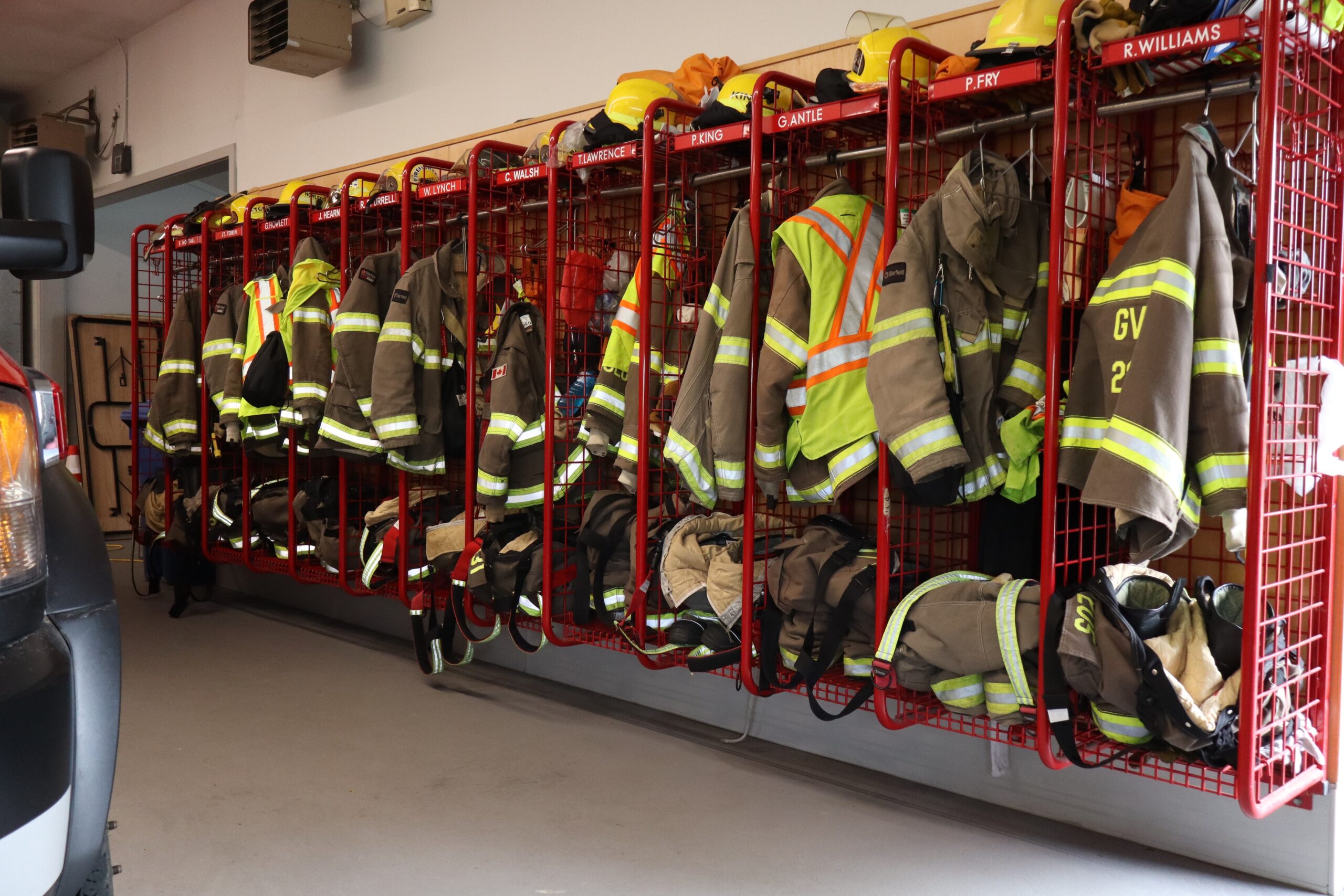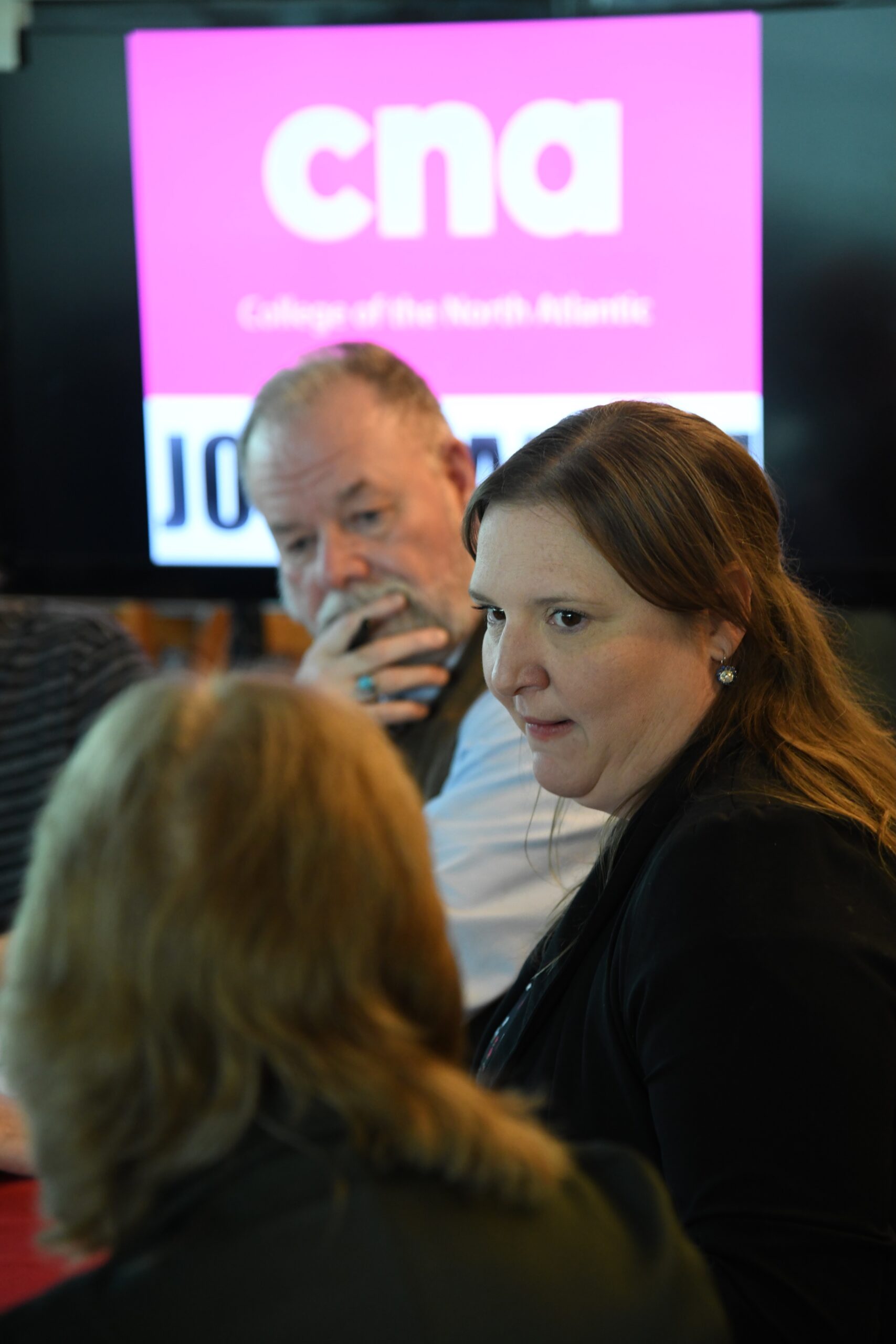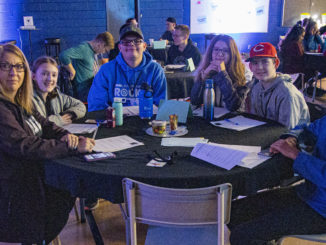Online rumours cause residents to question the cause of wildfires.
Caeleigh Hiscock
Kicker
Wildfires in the province may be under control, but rumours and conspiracy theories are running rampant.
Over the summer, Newfoundland and Labrador experienced one of its worst wildfire seasons in the province’s history. The province’s active wildfire dashboard recorded 233 wildfires this season. Among those is the Kingston fire which peaked at over 10,000 hectors.

Since the start of these fires, conspiracy theorists have taken to questioning how the fires started.
Some theories appearing online say the fires are being used as plot devices by the government to distract people or they are the result of ecoterrorism – environmental damage being caused to further political ends.
Glyphosate in chemtrails is another theory that keeps appearing online. Chemtrails are actually contrails – streams of water vapour that trail off airplane wing tips. The fires, they contend, are caused by the chemical drying out and killing plant life, making forests more flammable.
In a prepared statement, The Department of Fisheries, Forestry and Agriculture says most of the wildfires can be attributed to human activity such as campfires, grass or bush burning and discarded cigarette butts. Lightning strikes can also cause wildfires.
Scientists and researchers are not convinced by the conspiracy theories.
Janine Murphy is a faculty researcher at College of the North Atlantic in St. John’s. She says the recent fires have allowed people to see the depth of the dichotomy between right and left.
“It’s really wild to me that we have to think about climate change as being a left or a right thing, I mean it’s a scientific fact,” said Murphy. “But this is where we’re at.”

Murphy says the reason these theories are always so quick to appear when events like this happen is that climate change is so complex. The consequences of it are so unimaginable, she says, that people are jumping to these conclusions as a way to escape them.
The spread and belief of theories such as these, says Murphy, have benefited because platforms such as Facebook allow users to post and share anonymously. The anonymity allows the conspiracies to being spread by both trolls and believers.
“Facebook in that way has become what Twitter used to be before it became X,” said Murphy.
Alida Zedel is with Fridays for Future St. Johns. The environmental group was started by Greta Thunberg and has spread throughout the globe.
“Well, obviously it’s climate change,” said Zedel. “We’re seeing the direct effects of climate change happening right now.”
This summer’s high temperatures, low humidity and lack of rain are quickly becoming the new normal.
These fires have made climate change feel more real to activists such as Zedel. They say it makes the work they do at Fridays for Future more important than ever.
“I think it’s really important that people get out and be vocal about it. Unfortunately, we’re seeing the effects, and I think when people start realizing and feeling it for themselves, that helps them take action. But it’s unfortunate that it has to get that bad for them to do so.”
Zedel encourages people to be more aware of climate change and says getting involved in the fight against climate change is easy. Attending protests, they said, is a good way to get started.
Rumours and conspiracy theories, Zedel says, doesn’t change the current threat to the planet.
“Regardless, even if somebody started those fires they wouldn’t have gotten as big as they did if not for the environmental conditions.”




Be the first to comment